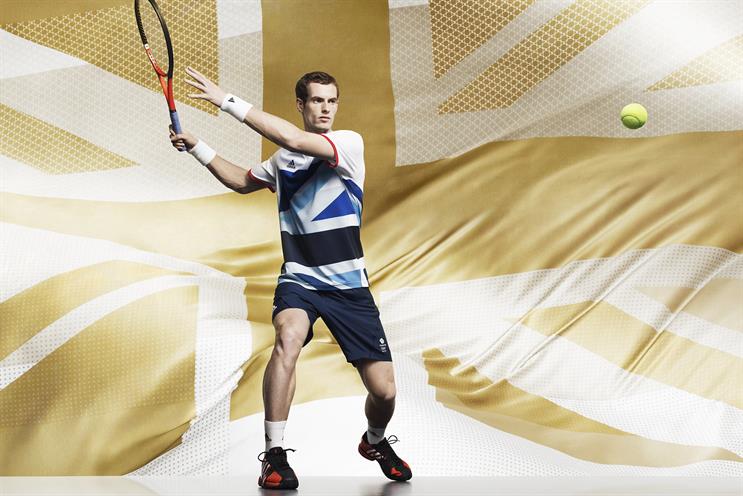On the day I write this, The Times carries an article with the provocative headline: "Sponsors told not to praise Olympic stars." The piece takes the stance that it is unfair and pure draconian selfishness on the part of the British Olympic Association (and by inference the IOC) – and, of course, why else would they want to make a noise on social media?
This continues a long-held misunderstanding by sections of the British media, who seem to fail to grasp that the extraordinary enterprise that is the Olympic Games is possible only because of the massive investment made by brands to secure their exclusive association with the event. They underwrite the very existence of the Games.
Sections of the British media seem to fail to grasp that the extraordinary enterprise that is the Olympic Games is possible only because of the massive investment made by brands to secure their exclusive association
The stark fact is that the IOC has a clause (40.3 to be precise) in the Olympic charter that demands a 29-day no-go period through the Games, unless you are a fully paid-up member of the Olympic commercial family – either internationally through the IOC TOPS programme or locally through the national Olympic body for a specific country. This is nothing new.
Field opens up for athletes
In fact, one could argue that Rio 2016 is a far more open environment for athletes than was the case for the last Games in London. Back in 2012, many athletes protested against the restrictions being placed on them by Rule 40 and lobbied the IOC successfully for change.
As of this year, for the first time, sportswear brands that are not Olympic Partners can obtain a waiver for campaigns that have been long-running. And even non-sports-related companies can gain permission for marketing activity during the blackout for their star athlete, as long as they don’t try to form an association with the Olympic marques and stick to the subject of their product, be it cars or perfume.
So why are sections of the media, and athlete community still so indignant? Remove the ridiculous money-sports from the Games, such as tennis, basketball and football (and now golf), and the other 22 sports are populated by athletes who are definitely there just for the love of their sport, not the pay cheque.
Stories abound of real hardship and sacrifice to even compete. Indeed, for most of the sports in the Games, their organising bodies live a hand-to-mouth existence. So the opportunity to capitalise on the pinnacle of their career in competition does seem somewhat unfair.
Limited impact?
One also has to wonder on which athletes this restriction will have a real impact. Of the 300-plus athletes who will make up Team GB in Rio, how many have a major brand sponsor? And, of those brands, how many really want to activate in the middle of the Olympic Games – the most harshly fought of marketing turf wars? I suspect that those athletes who would love to have a completely open field are the ones that need it the least, but their global brand partners would love to piggyback on the world’s greatest event for free.
Having said all that, we need to respect the support that athletes receive throughout their careers, not only from their commercial partners, but also, crucially, from government and the Lottery. Without them, we would not have a Team GB in Rio trying to emulate the record haul of 65 medals won in London 2012.


